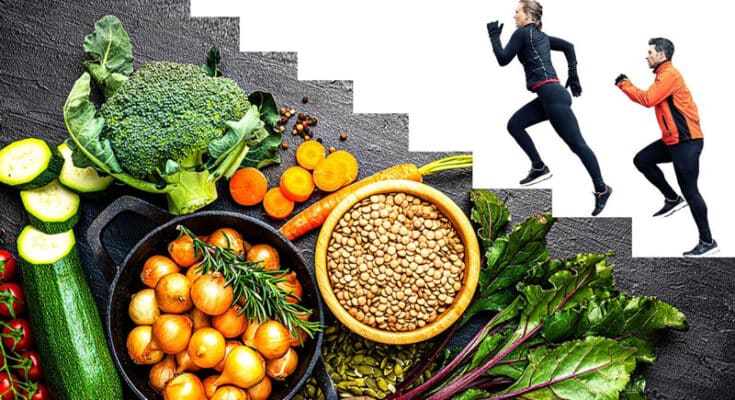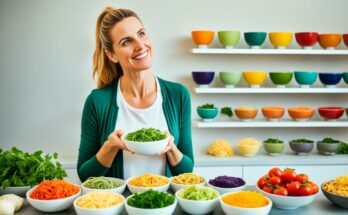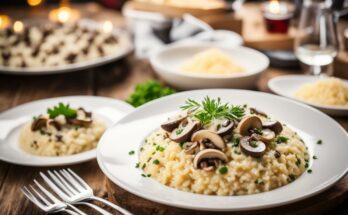When it comes to maintaining optimal health, incorporating a variety of vitamin-rich foods into your diet is essential. Vitamins play a pivotal role in supporting various bodily functions, from boosting immunity to promoting skin health and energy production. phpbms explore a list of nutrient-packed foods that can help you meet your vitamin needs and thrive.
A well-balanced diet that includes a wide range of vitamins is crucial for overall well-being. Vitamins act as coenzymes, assisting various biochemical reactions that keep our bodies functioning optimally.
The Power of Vitamins in Our Diet
Vitamins are divided into two categories: water-soluble and fat-soluble. Water-soluble vitamins, such as vitamin C and the B vitamins, are not stored in the body and need to be consumed regularly. Fat-soluble vitamins (A, D, E, and K) can be stored in the body’s fat tissues and liver for later use.
Vitamin-Rich Foods for Every Need
Vitamin A
Vitamin A supports healthy vision, immune function, and skin health. Find it in foods like carrots, sweet potatoes, spinach, and eggs.
Vitamin C
Vitamin C is an antioxidant that boosts immunity and supports collagen production for healthy skin. Citrus fruits, strawberries, bell peppers, and broccoli are excellent sources.
Vitamin D
Vitamin D is crucial for bone health and immune function. While sunlight is a natural source, you can also get it from fatty fish, fortified dairy products, and egg yolks.
Vitamin E
Vitamin E acts as an antioxidant, protecting cells from damage. Nuts, seeds, spinach, and avocado are rich sources of vitamin E.
Vitamin K
Vitamin K is vital for blood clotting and bone health. Leafy greens like kale, spinach, and broccoli, as well as certain oils, are good sources.
B Vitamins
B vitamins include B1 (thiamine), B2 (riboflavin), B3 (niacin), B5 (pantothenic acid), B6 (pyridoxine), B7 (biotin), B9 (folate), and B12 (cobalamin). These vitamins are involved in energy metabolism, nerve function, and red blood cell formation. You can find them in whole grains, legumes, lean meats, dairy products, and leafy greens.
Incorporating Vitamins into Your Meals
Breakfast Ideas
Kickstart your day with a vitamin-packed breakfast:
- A bowl of Greek yogurt topped with mixed berries for vitamin C and antioxidants.
- Oatmeal topped with sliced bananas and a sprinkle of nuts for B vitamins and vitamin E.
Lunch and Dinner Options
Elevate your main meals with these choices:
- Grilled salmon with sautéed spinach for vitamin D, omega-3 fatty acids, and vitamin K.
- A colorful salad with mixed greens, bell peppers, tomatoes, and grilled chicken for vitamins A and C.
Snack Time
Opt for nutritious snacks:
- Carrot and celery sticks with hummus for vitamin A and fiber.
- A handful of almonds for vitamin E and healthy fats.
Balancing Your Diet for Maximum Benefits
While focusing on vitamin-rich foods, remember to maintain a balanced diet that includes a variety of nutrients. Whole grains, lean proteins, healthy fats, and plenty of fruits and vegetables should all be part of your daily intake.
FAQs
- Can I get all the vitamins I need from food alone?
- A well-balanced diet can provide most of your vitamin needs, but supplements may be necessary in some cases.
- What are the signs of vitamin deficiency?
- Fatigue, weakened immune system, skin issues, and frequent illnesses can be signs of vitamin deficiency.
- Is it better to get vitamins from food or supplements?
- Whole foods offer a wide range of nutrients in addition to vitamins, making them the preferred choice. Supplements should only be used under professional guidance.
- Can I overdose on vitamins from food?
- It’s rare to overdose on vitamins from natural food sources. However, excess intake from supplements can lead to toxicity.
- Are there vitamins that vegetarians or vegans need to pay special attention to?
- Vitamin B12 is primarily found in animal products, so vegetarians and vegans might need to consider supplementation or fortified foods.




